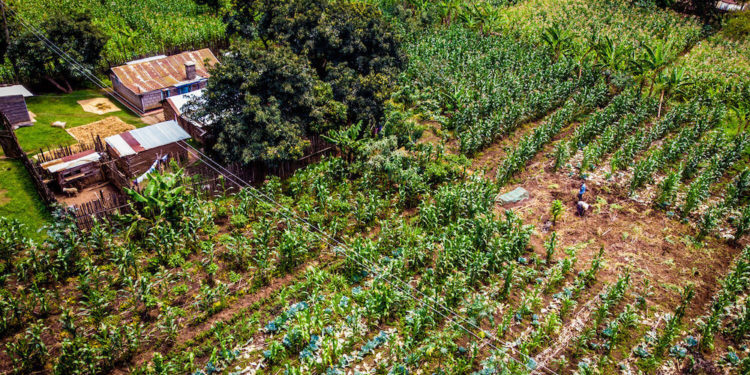Investing in farmland and agribusiness ventures provides a compelling opportunity to contribute to food security, rural development, and sustainable agriculture. According to the International Fund for Agricultural Development (IFAD), investing in rural small and medium-sized enterprises (SMEs) and agribusinesses is essential to spur productivity, improve incomes, and create jobs, particularly for youth and women. The Agri-Business Capital Fund (ABC Fund), managed by Bamboo Capital Fund and Injaro Investments Limited, aims to mobilize EUR 200 million from public and private investors over the next ten years to support rural SMEs, farmers’ organizations, and agri-preneurs. This fund prioritizes climate-smart projects that promote sustainable production and improve rural livelihoods. By focusing on these objectives, the ABC Fund plays a crucial role in enhancing food security and economic growth in rural areas.
Over the past five years, the agricultural sector in Kenya has continued to play a crucial role in the country’s economic growth, contributing significantly to the Gross Domestic Product. In 2023 and 2022, the Agricultural sector contributed to 21.8% and 22.4% respectively of the GDP according to the Kenya National Bureau of Statistics. Despite challenges such as the COVID-19 pandemic, extreme weather events, and global supply chain disruptions, agriculture has shown resilience and continued growth. The sector’s annual growth rate during this period has 4.2%, with some years showing faster recovery post-pandemic according to World Bank, 2023. Several factors have driven this growth, including the adoption of modern farming techniques, such as irrigation systems, digital tools, and precision farming, which have significantly boosted productivity and efficiency. Government support through subsidies, programs for smallholder farmers, and infrastructure investment has also enhanced the sector’s competitiveness.
In Kenya, the Kenya Investment Authority (KenInvest) highlights the country’s potential for agribusiness investments. With one of the highest agricultural productivity levels in the East African Community (EAC) region, Kenya invites investors to explore opportunities across the agribusiness value chain, from primary production to value addition and processing of food produce. The sector already attracts 20% of total foreign direct investment (FDI) to the region, showcasing its significant investment potential. KenInvest emphasizes the conducive climatic conditions, well-established export markets, affordable labor, and agricultural land as key factors that make Kenya an attractive destination for agribusiness investments. These advantages create a favorable environment for investors to achieve substantial returns while supporting local economies.
Silk Invest, a United Kingdom-based frontier market investment company, manages the Silk African Food Fund, which invests in processed food, beverages, and quick-service restaurant companies across Africa. The fund targets scalable food companies with the potential to become national and regional leaders, focusing on countries like Kenya, Ethiopia, Egypt, Morocco, Ghana, and Nigeria. By investing in local production and improving packaging, these companies can grow their revenues and contribute to the formalization of food products in the region. This approach not only boosts the companies’ profitability but also strengthens food supply chains and enhances the availability of quality food products to consumers.
















